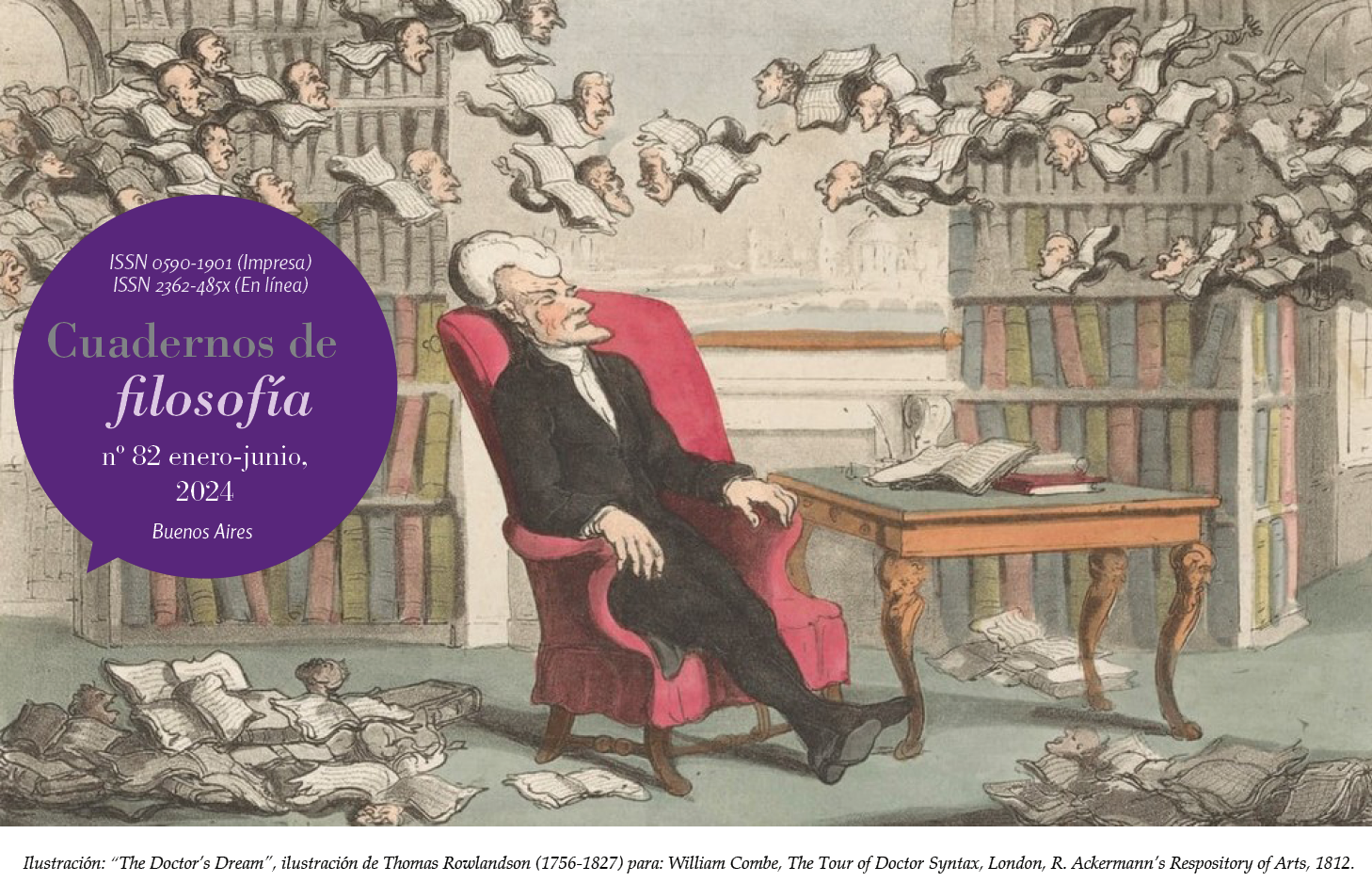Towards a cosmopoetic reading of liberation aesthetics
Abstract
Aesthetics -as a necessary moment of an architectural liberation- was worked on several times in the work of Enrique Dussel. Although already in the Philosophy of Liberation (1976) important passages are dedicated to it, the interest of the Argentine-Mexican thinker for aesthetic issues has been acquiring greater development and presence in later reflections. His most recent contributions on the subject have been compiled in the Seven hypotheses of Aesthetics of Liberation, where, from a phenomenological foundation of aesthetic experience, his study is expanded towards a natural aesthetic (prior to the poetic or productive moment, which corresponds to human cultural artistic productions). This way of approach implies –in our judgment- a novelty in Dussel's thought, since it suggests a displacement with respect to a certain anthropocentrism that could be seen in previous reflections. This work will attempt to highlight the implications that this "turn" may have regarding the horizon of a Philosophy of Liberation as a response to the current challenges in the face of the environmental crisis and the urgency of an epistemic paradigm shift, within which an aesthetic open to thinking non-anthropocentric - which we will temporarily call cosmopoetic - can offer a crucial intervention.Downloads
Los autores/as que publiquen en esta revista aceptan las siguientes condiciones:
Los/as autores/as [traductores/as] conservan los derechos de autor/a y ceden a la revista el derecho de la primera publicación, con el trabajo registrado con Licencia Creative Commons Atribución-NoComercial-CompartirIgual 4.0 Internacional, que permite a terceros utilizar lo publicado siempre que mencionen la autoría del trabajo y a la primera publicación en esta revista.
Los/as autores/as pueden realizar otros acuerdos contractuales independientes y adicionales para la distribución no exclusiva de la versión del artículo publicado en esta revista (p. ej., incluirlo en un repositorio institucional o publicarlo en un libro) siempre que indiquen claramente que el trabajo se publicó por primera vez en esta revista.
Se permite y recomienda a los/as autores/as a publicar su trabajo en Internet (por ejemplo en páginas institucionales o personales).
Políticas de detección de plagio
La colaboración de los y las editores/as, autores/as y evaluadores/as de esta revista y la guía de ética de los procesos editoriales se rige por los Principios de transparencia y buena práctica en publicaciones académicas del Committee on Publication Ethics (COPE) disponible aquí.
Todos los artículos enviados a esta publicación serán supervisados mediante una búsqueda online.







